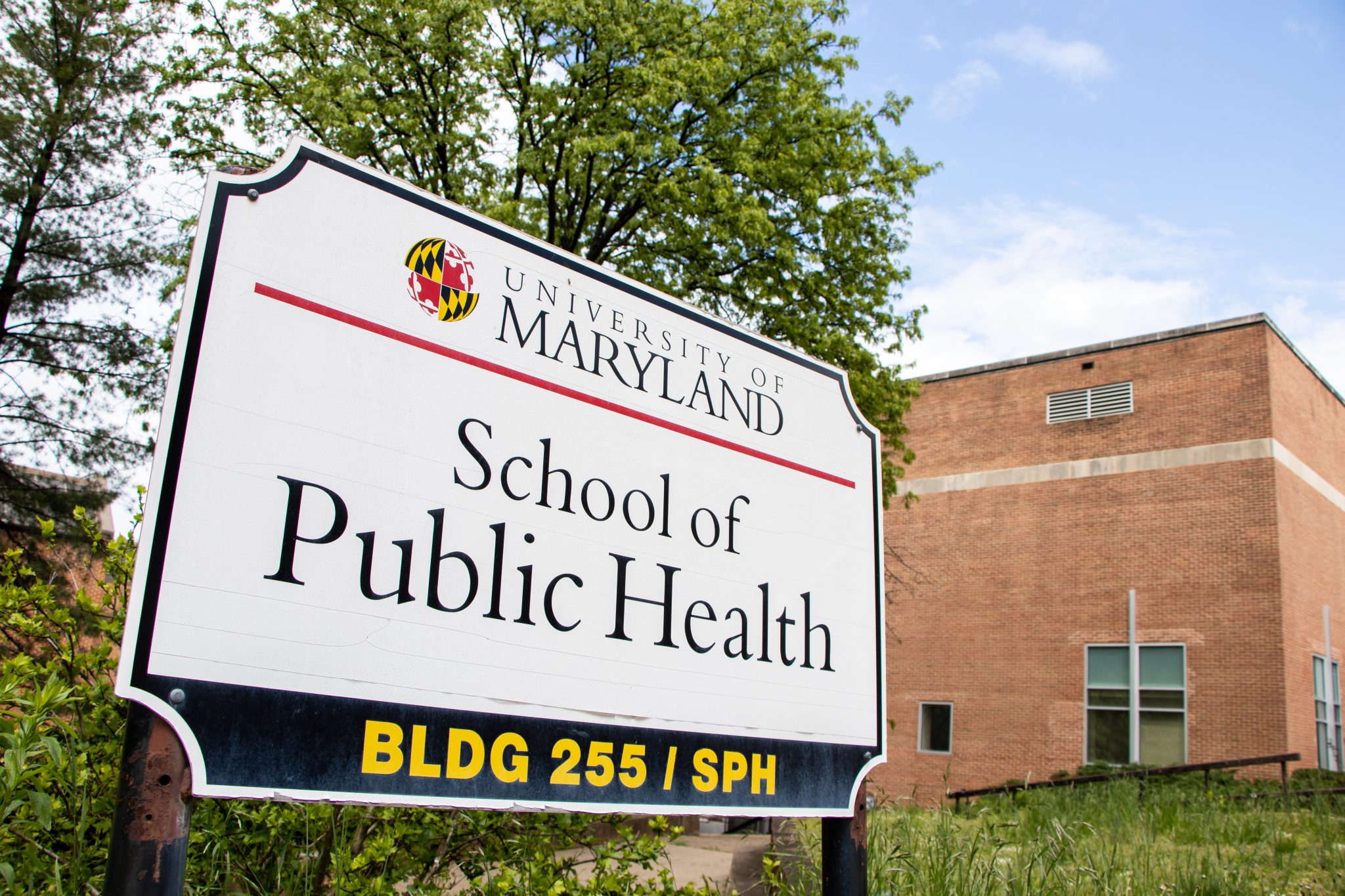The University of Maryland Senate approved several new academic degree programs at its final meeting of the semester Tuesday.
One of the approved programs is a bachelor’s degree in Mechatronics, a combination of three types of engineering: mechanical, electrical and information systems. Mechatronics is known as “Industry 4.0” on the job market, said Elizabeth Beise, associate provost for academic planning and programs.
Proposed by the aerospace department, the program “addresses the growing need for cross-disciplinary engineers skilled in the areas of robotics, automation and advanced manufacturing technologies,” according to the senate report.
Isaac Moradi, a research scientist in the computer, mathematical, and natural sciences college, said he was happy the university is creating this new program during the meeting.
[UMD Senate approves new technology and bilingual skills certificate programs]
“It’s great to actually see this is going on,” he said. “And UMD is going to be one of the first, I believe.”
Aerospace faculty developed the program in collaboration with electrical, computer and mechanical engineering faculty.
“As society moves into the 4th industrial revolution, the regional economy is redoubling its focus on high-tech industries like biotechnology and aerospace/defense, fields which rely heavily on the broad expertise offered by engineers trained in Mechatronics,” read the senate report.
This program will be offered at the Universities at Shady Grove, according to the senate report. A new building on the Shady Grove campus has the infrastructure to support the program, Beise added, and the program is suited for students who may have come from a community college and want to go directly into the workforce in Montgomery County.
[Next semester, spring break will go on as scheduled and 25% of classes will be in-person]
The senate also approved establishing an extension education master’s program in the agriculture and natural resources college. The 30-credit program, proposed by the plant science and landscape architecture department, focuses on interdisciplinary academics, applied research and community engagement.
“The idea behind the proposal is to provide professional development opportunities for University of Maryland extension faculty and staff, but also other members of the agricultural community workforce … across the state,” Beise said.
The extension education program will use “non-formal” education skills to examine societal challenges and solutions, according to the senate report. It is focused on developing educators in a variety of areas such as youth development, food and nutrition and personal finance, Beise added.
On top of approving changes to several existing programs’ names, the senate also approved the addition of a health care management concentration to the current master of public health program that mirrors the university’s master of health administration program. The change is primarily a reorganization of existing programs, Beise said.



